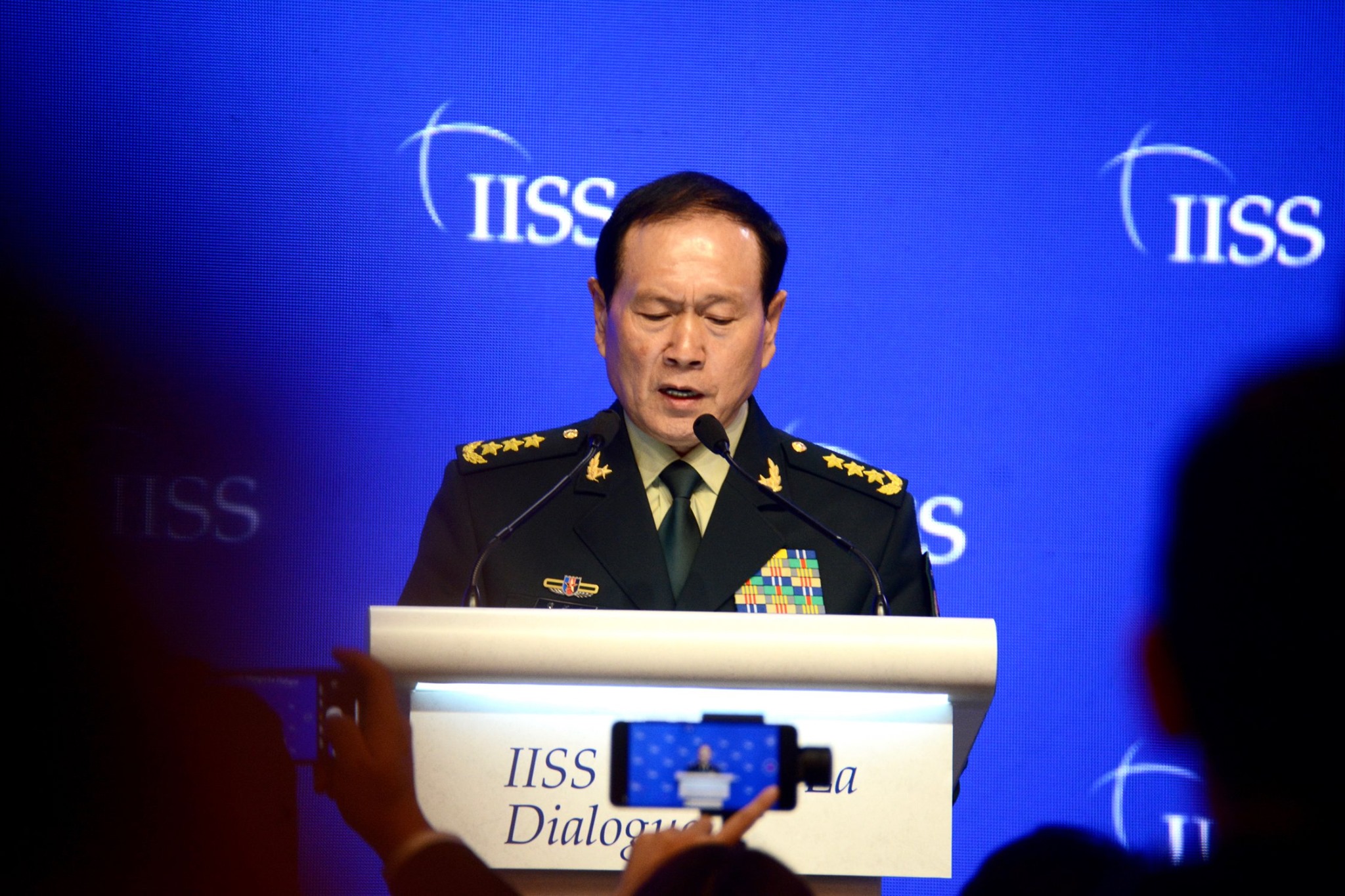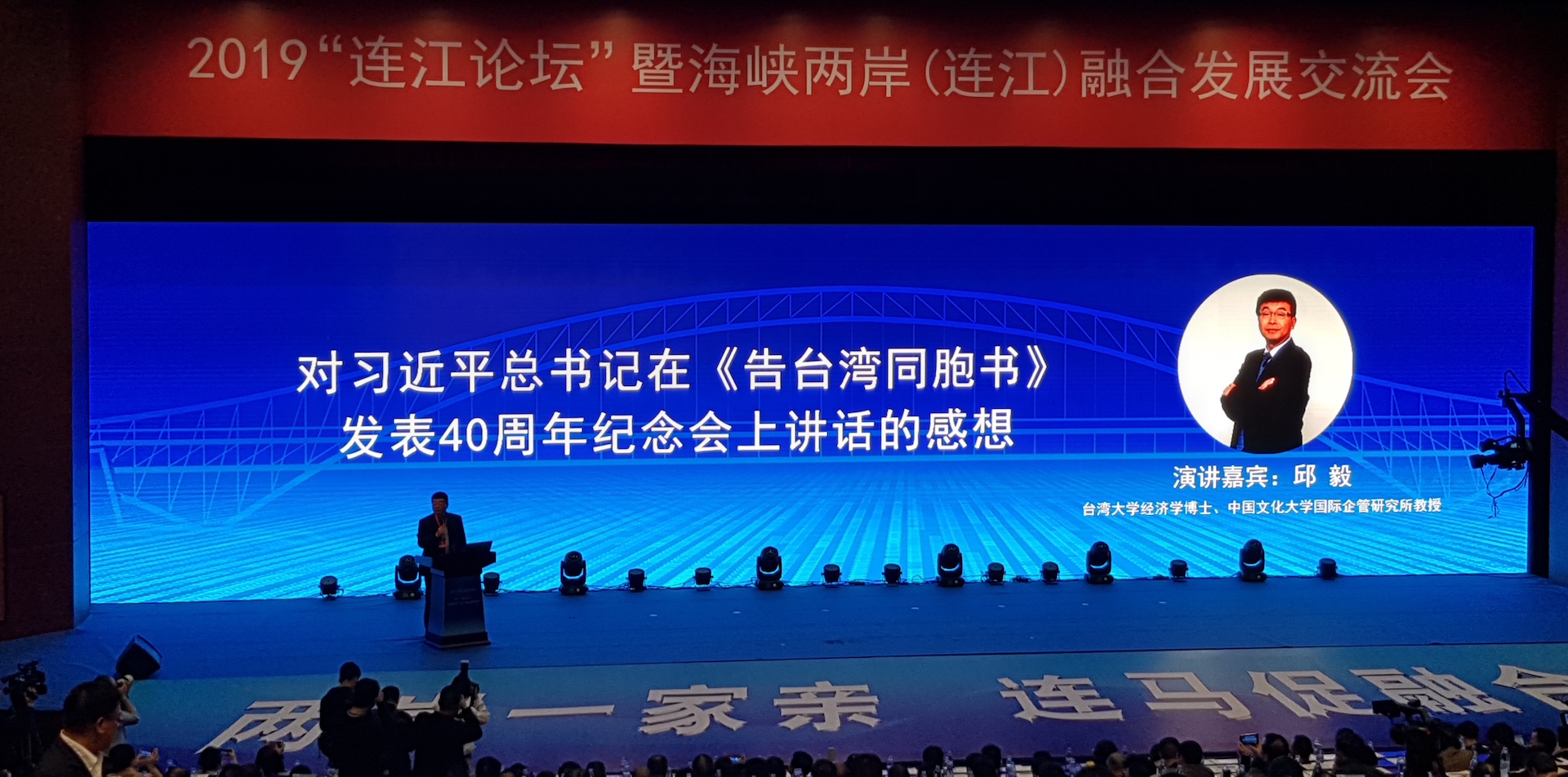By so utterly mishandling Xinjiang, Beijing has opened a new front along its peripheries, one that could result in terrible violence against a growing list of Chinese ‘soft targets’ in Africa, South and Central Asia.
Among many of the troubling developments that have occurred in China in recent years, mounting — and by now incontrovertible — evidence that the Chinese regime is engaged in the social, cultural, and religious cleansing of Xinjiang’s Uighur muslims, complete with concentration camp-style “reeducation schools,” is by far the most disturbing.
According to various investigations, supported by on-site reporting and satellite imagery, as many as 1/10th of Xinjiang’s 10 million ethnic Uighurs are currently detained in secret re-education camps around the supposedly autonomous region. Beijing, which has launched a major propaganda campaign to counter the growing scrutiny, claims that the Uighurs who are currently found in the so-called “vocational schools” have joined willingly.
But the reality tells us otherwise: various reports confirm that Muslims have been forced to eat pork, drink alcohol, and to abandon their religious garb — including women’s veils. A ban has been imposed on men’s long beards. Mosques in the major cities of Kashgar and Urumqi have emptied out. Religious education, fasting during the holy month of Ramadan, and even prayers have increasingly been restricted or banned altogether. Arabic text is gradually disappearing from public buildings. Muslim families have been broken up, their children taken away from them. Uighurs abroad have been forced to return to China, often under threat to family members back home. Patrols by the People’s Armed Police (PAP), whose budget is larger than that of the Chinese military, and other paramilitary units, are now a regular feature across the region’s main cities, and islamophobia — exacerbated by a handful of violent incidents against Han Chinese in recent years — has become commonplace. Beijing has even reached out to foreign counter-terrorism experts, including Israelis, to help it develop strategies to counter insurgents.

Chinese police patrol cities across Xinjiang as repression of the region’s 10 million Muslims intensifies.
In propaganda videos released by the Chinese government, Uighurs who are “willingly” attending the “vocational schools” sound like they are making Cultural Revolution-style self-confessions (“I have deeply understood my own mistakes”); all are being taught the Chinese language. For years, Xinjiang’s Muslims have been victims of ethnic dilution, their territory increasingly occupied by Han Chinese and criss-crossed by electronic surveillance and controls. Many Uighurs have been forced into marriage with Han Chinese. Beijing may tout economic growth all it wants, but the reality is that the economic benefits have largely been snatched by Han settlers in Xinjiang rather than the local Uighurs.
This is outright occupation, ethnic cleansing, and a coordinated effort to Sinicize — and humiliate — a proud people with a long tradition of resistance.
About five times the size of Germany, Xinjiang has large sources of oil and gas, which has attracted substantial investment by Beijing, as well as Han settlement.
Although ethnic cleansing has been going on for years, the world has been largely silent on this crime against one of China’s minorities. Only recently, with evidence mounting that China in the past 2-3 years has erected a network of large detention complexes, has the international community — including the UN — begun to understand the severity of the situation. Still, many Western governments have avoided mentioning the issue publicly (though many state that they raise the issue in private settings with Chinese officials). Even the Muslim world, which has historically been highly vocal on the oppression of Muslims in Palestine, for example, has been largely silent. This is largely attributable to the fact that the leaders of Muslim countries, primarily in the Middle East, are reluctant to criticize Beijing, which for them is a major source of investment. According to a recent article in Foreign Policy magazine, “No Muslim nation’s head of state has made a public statement in support of the Uighurs this decade.” Worse, some governments in the Muslim world, including those in Malaysia, Egypt and Pakistan, have assisted Beijing in recent years in its efforts to repress Uighurs worldwide by deporting Uighurs back to China (the new government in Malaysia, however, has refused to continue with the deportations). The U.S. and other Western countries (including the UK) also share responsibility for this situation, among other things by agreeing to designate the Eastern Turkistan Islamic Movement (ETIM, also known as the Turkestan Islamic Party) as a terrorist organization (the U.S. in 2002, the UK in 2016).
“No Muslim nation’s head of state has made a public statement in support of the Uighurs this decade.”
Notwithstanding the silence of governments and elite circles in the Muslim world, the highly publicized persecution of Xinjiang’s Muslims is likely to radicalize Muslims in the Middle East, Central and South Asia, as well as in Northern Africa, the majority of whom will never benefit from Chinese investment in their part of the world, and who may even suffer the detrimental effects of China’s growing influence in their backyard. Their government’s refusal to criticize Beijing or to help Xinjiang’s 10 million Muslims is likely to fuel discontent among ordinary Muslims and compel radical groups to take action, much as they have done in reaction to Israel’s continued occupation of the Palestinian Territories. (If Taiwan wants to help, it could certainly tap into longstanding networks created when the KMT was in charge in China…and Xinjiang.)
Given China’s growing presence and investment in Africa, South Asia (Pakistan and Afghanistan, where it is even building a military base) and Central Asia, where Beijing has been actively erecting various pipelines and other infrastructures, radical groups will have a multitude of “soft targets” to punish the Chinese for their behavior in Xinjiang. Thus, while local riots, bomb attacks and occasional knifings will continue, China’s much-vaunted New Silk Road and Belt and Road Initiative in the developing world will likely become primary targets of Muslim anger.
By so utterly mishandling Xinjiang, Beijing has opened a new front along its peripheries, one that could result in terrible violence. Its growing footprint in the Muslim world will offer opportunities for militant organizations and Islamic radicals, angered by the horrible repression of fellow Muslims and frustrated by their own government’s silence/complicity, to strike back. New, escalating cycles of repression, attacks and counterattacks, are in the offing.
In Xinjiang, Beijing has created its own Palestine.
This article was updated on 2018.10.26, 11:40am. Changes to para. 7.
You might also like
More from China
A Few Thoughts on the Meng-Spavor-Kovrig Exchange
It is hard not to see this weekend’s developments as a victory for China and the creation of a world …
In Memoriam: Lee Teng-Hui and the Democracy That He Built
The former president of Taiwan is the incontestable refutation of the belief that history is merely an impersonal force, that …
The Making of ‘Insidious Power: How China Undermines Global Democracy’
A new book released on July 30 takes a close look at the agencies and mechanisms of CCP 'sharp power' …









